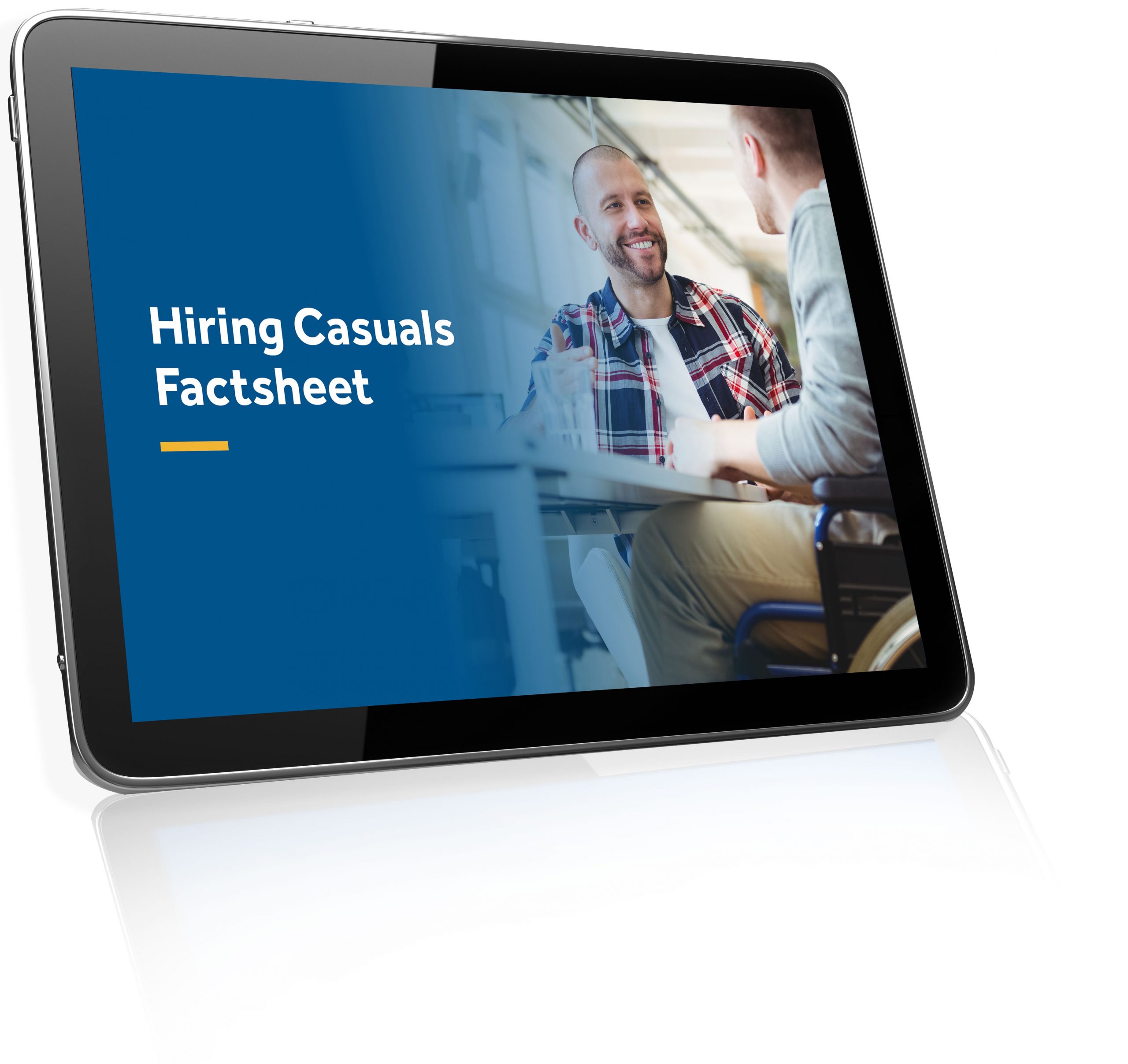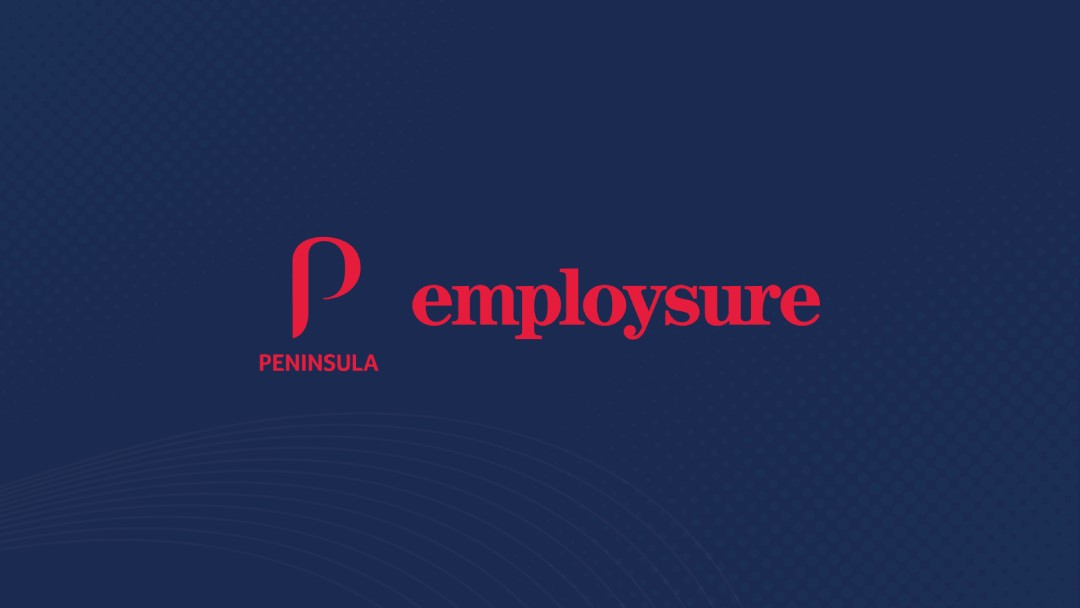
The Australian government has introduced new legislation to protect gig workers. A landmark bill titled “Closing Loopholes” is being reviewed by parliament and is expected to come into effect in 2024, with an exact date yet to be set.
Fresh employment laws will give 67,000 workers the right to negotiate minimum pay rates and access to other minimum employment standards. There’s plenty to unpack. Let’s take a closer look at the changes and help you prepare.
What does the new bill entail?
The new bill defines “employee-like workers” in the gig economy as those who are “engaged as independent contractors but performing work that is similar to that performed by employees”. This means that gig workers who are classified as employee-like will be entitled to the same standards as regular employees, such as:
Termination and ‘deactivation’
Health and safety
If gig workers are unhappy with the conditions of their employment, the bill also gives them the right to request that the Fair Work Commission sets minimum standards. This could include:
Hours and patterns of work
Payment terms
What does the new bill mean for gig workers?
Supporters of the bill believe it’s a significant step in the right direction for gig workers, giving them more equitable employment conditions. It will benefit any workers who want more flexibility, but don’t want the commercial risks that come with being a freelancer or contractor.
Recent years have seen a large uptake of Australian gig economy workers. Given the nature of the work, it’s created a grey area for both employers and employees. Ultimately, the bill aims to unblur the lines of gig worker entitlements, leading to less confusion and fewer disputes.
The bill will also amend health and safety laws, offering gig workers greater protection. The new legislation arrives after several health and safety charters were signed by the Transport Workers Union (TWU) and large gig economy employers Uber, DoorDash and Menulog.
The TWU reports 13 food delivery riders and a rideshare driver have been killed since the Australian transport gig economy began in 2017. It’s hoped the new laws will decrease the gig economy’s number of work-related fatalities.
The bill also protects gig workers from unfair deactivation. This means employers can only stop gig workers from accessing a platform for a valid reason. If a gig worker believes they have been deactivated by an employer unfairly, they can raise a case with the Fair Work Commission.
What does the new bill mean for employers?
Under the new legislation, gig workers will be entitled to the minimum wage, penalty rates, and superannuation. This means the wage bill in the sector is expected to expand by $4 billion over 10 years ($400 million a year).
Crucially, the bill targets deliberate and intentional underpayment of gig worker wages. ‘Wage theft’ in the gig economy will be a criminal offence, with maximum penalties of 10 years in prison and fines of up to $8 million.
While the legislation emphasises that employers who unintentionally underpay will not be penalised, business owners will still be fearful. Australia’s modern award system is one of the most complex in the world, making it challenging to pay staff correctly, particularly if a business’s employees fall under multiple awards, each with myriad clauses.
Additionally, business owners can hire and release gig workers on a basis of need under the current system. However, gig workers will get more notice before termination with the new legislation, meaning some employers will lose flexibility with workforce management.

Are you hiring casuals?
Casual employment is more complicated than it seems. Make sure you know the ins and outs of hiring casuals and your obligations as an employer. Download our FREE Factsheet today!
Small business exemptions
Emphasising the need to provide support, certainty, and fairness for small Aussie businesses, Minister for Workplace Relations, Tony Burke says “I grew up in a small business family. I know what it is to run a small business.”
“Ideally you want the same rights for people in every workplace, but we have to take account of the fact small businesses don’t have an HR department. We need to minimise the regulatory burden on small business where we can.”
In an effort to support small business, “Closing Loopholes” will include the following exemptions:
Exempting small business employers (with a headcount of less than 15) from labour-hire pay obligations.
Development of a Voluntary Small Business Wage Compliance Code to provide certainty for those who inadvertently commit wage underpayments.
The bill’s flaws
As is often the case, not everybody is a supporter of the new legislation. Many believe the bill’s flaws could undermine its effectiveness.
One of the main flaws is that the legislation does not define “employee-like workers” in a clear and consistent way. This means that it is up to the Fair Work Commission to decide who is classified as an employee-like worker, and this could lead to inconsistent decisions.
Another flaw is that the legislation does not give gig workers the right to collectively bargain. This means gig workers will not be able to negotiate with their employers as a group, which could weaken their collective bargaining power.
Finally, it is possible that imposing burdensome costs on the gig economy at this stage in its development could kill off its promising green shoots. Even with the bill’s exemptions, many small businesses will feel the weight of increasing labour costs. Critics believe “Closing Loopholes” will only increase the pressure on small Aussie firms who are already feeling the squeeze.
The future of the gig economy
The future of the gig workforce is uncertain, but the new legislation is a sign that the government is responding to the needs of an emerging category of employees. While the bill does not cover all bases, it will ensure that gig workers have many of the essential rights and protections that other employees receive.
While the “Closing Loopholes” will create a more level playing field for gig workers, only time will tell if it properly meets the needs of businesses and consumers too. It’s possible that amendments to “Closing Loopholes” will need to be made further down the track, once the legislation’s impact on the gig economy has become clear.
What should business owners do?
Here are some proactive steps that business owners can take to prepare for the new legislation:
Review your contracts with gig workers to ensure that they comply with the new regulations.
Set up a system for tracking the hours and earnings of gig workers.
Provide gig workers with information about their rights and entitlements under the new legislation.
By taking these simple steps, business owners can minimise the impact of the new legislation and ensure their company is compliant with the changes.
How can Employsure help?
With constant changes to legislation, employers can feel like they’re trapped in a maze.
Australian business owners can call Employsure’s FREE Advice Line on 1300 789 425 before the new bill comes into effect. Speak to one of our experts to get all your questions answered and the peace of mind that your business is compliant.

